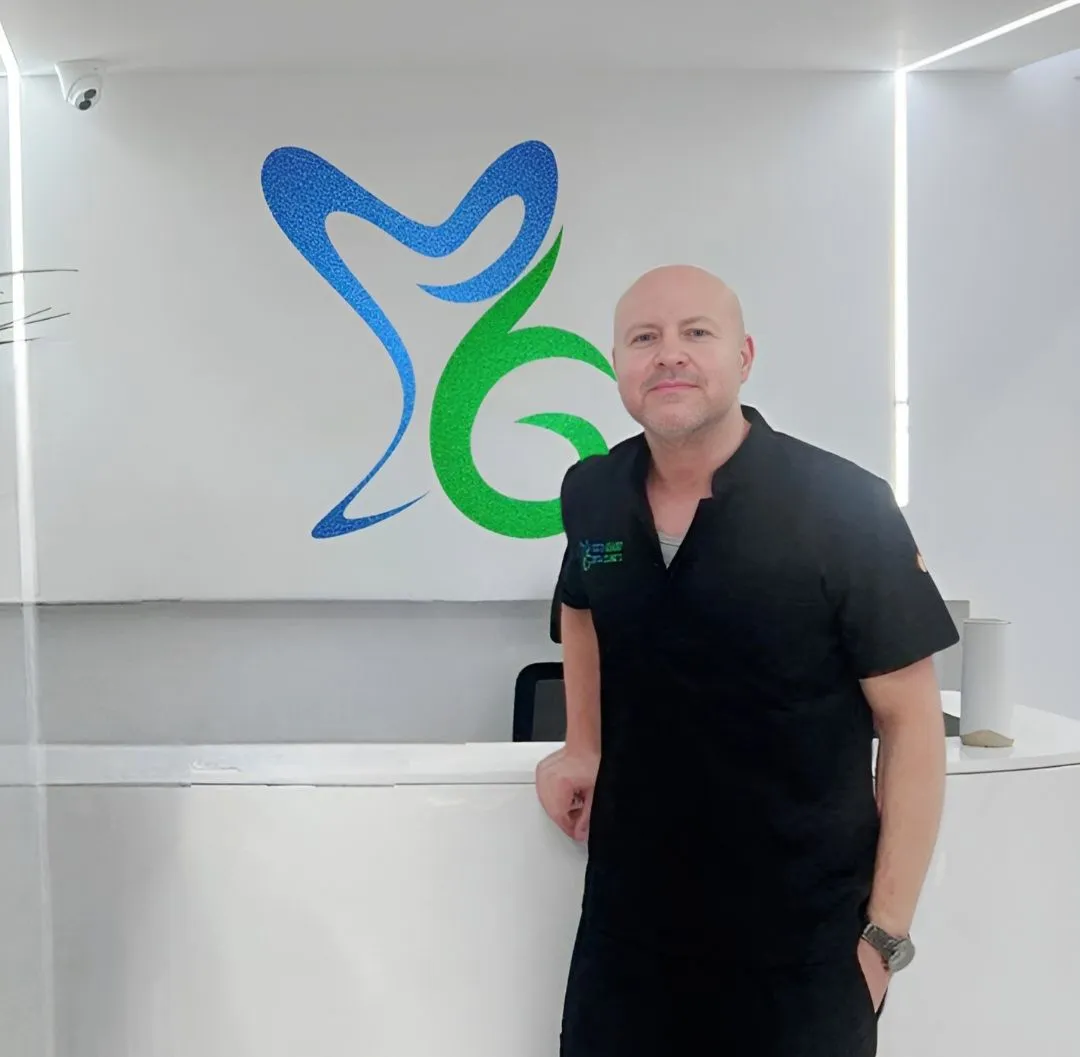
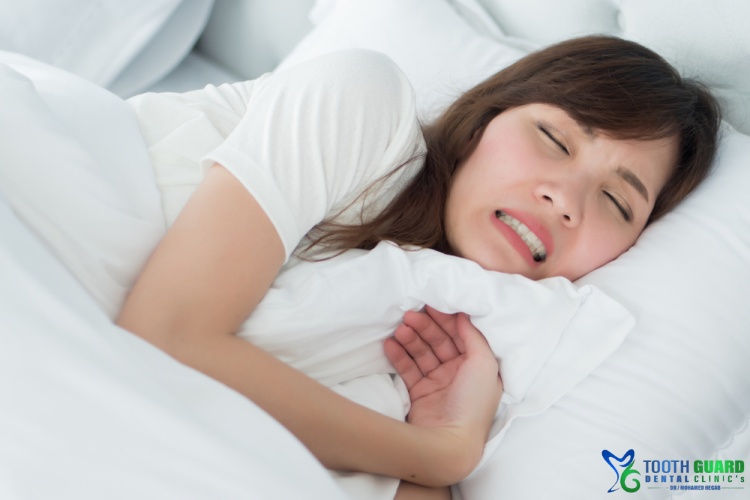
bruxism therapy during sleep, medically known as "nocturnal bruxism," is a common disorder that many people suffer from without realizing it, as it occurs during periods of deep sleep. This condition can be accompanied by annoying symptoms such as morning headaches, jaw pain, and gradual tooth erosion. Although the condition may seem simple at first, neglecting it can lead to complications that affect oral health and quality of life. In this article, Dr. Mohamed Hegab discusses the most prominent means bruxism therapy during sleep, and the most important symptoms associated with the problem, as well asWill coverTreatment of bruxism therapy in children during sleep.
Before getting to know means bruxism therapy while sleeping: Let's first identify the most important symptoms of this problem. There are some symptoms that indicate teeth grinding, including:
There is no single, specific cause for teeth grinding, but rather several factors are associated with it. These factors vary depending on the type of teeth grinding.
Here, bruxism therapy occurs spontaneously and is not caused by any other medical condition. Factors that contribute to its occurrence include:
Teeth grinding is considered ameans bruxism therapy during sleep is common in young children, affecting up to 40% of children. However, due to rapid growth of teeth and jaws in childhood, bruxism therapy usually resolves completely on its own without causing permanent damage.
One of the reasons adults grind their teeth during sleep is because they have an irregular bite or are missing teeth. Oral irritation may also contribute to bruxism therapy or clenching.
Stress is a major cause of teeth grinding in adults, whether it occurs while asleep or awake, and a 2020 study confirmed the link.
A 2016 study found that the use of these substances is also linked to teeth grinding. People who smoke or drink alcohol regularly are nearly twice as likely to develop teeth grinding, while those who drink more than eight cups of coffee per day are one and a half times more likely.
Read also about price of dental implants
Secondary bruxism therapy occurs as a result of a medical condition or other medical circumstance, such as:
Involuntary bruxism therapy can result from several factors, the most common of which are:
In general, it does not differ.meansTeeth grinding during sleep in adults is more common than in children or young people. Stress and anxiety also play a major role in causing the problem. But don't worry, this problem can now be solved and overcome with the recommended treatment for bruxism therapy during sleep.doctorMohamed Hijab, depending on the patient's condition after diagnosis.
Yes, bruxism therapy is closely related to other jaw and dental problems, and is sometimes a direct result of jaw misalignment or misaligned teeth. Examples of associated dental problems include:By the wayOn the teeth:
It does not differ means bruxism therapy during sleep in children compared to adultsSo the reasonThe risk of infection in both cases is the same, and we explained these causes in detail in a previous article. However, parents should know that children between the ages of 7 and 10 are most susceptible to infection.With thisThe problem is about children at any other age, so here Dr. Muhammad Hijab advises the best dentist in Cairo It is necessary to take the child to a dentist if any signs of this problem are noticed.
If a patient suffers from mild teeth grinding, they will most likely not need treatment. However, in more severe cases, dentists may recommend the following treatments for teeth grinding:
in conclusion means bruxism therapy during sleep is common in both adults and children, and understanding the causes is an important first step toward finding the appropriate treatment. Learn more about this topic in detail.wantTreatment: In case of infection, an appointment can be made with Dr. Muhammad Hijab at the Tooth Guard Clinic.tooth guard On the following number (+201555004694).
اكتشف أحدث النصائح والمعلومات حول صحة الأسنان من خلال مدونتنا
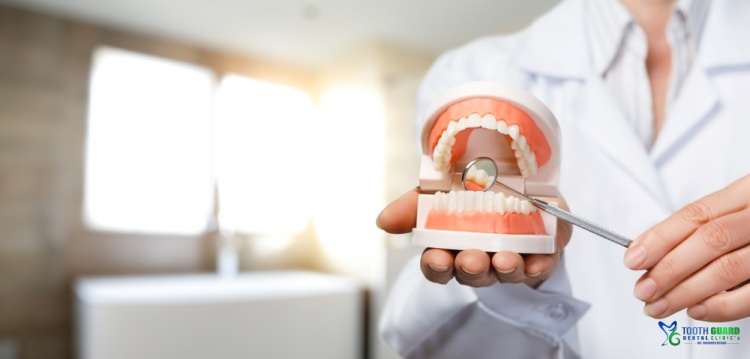

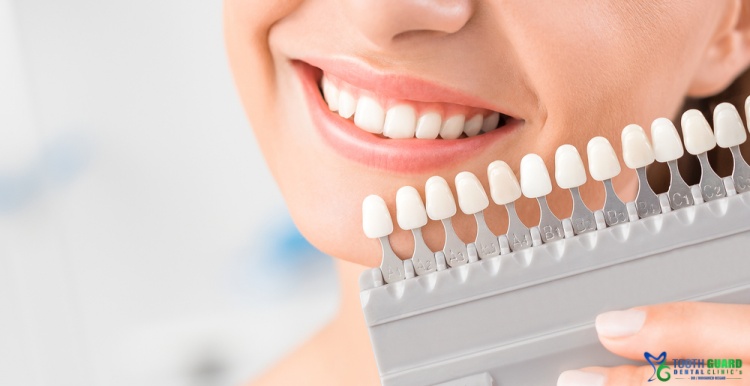
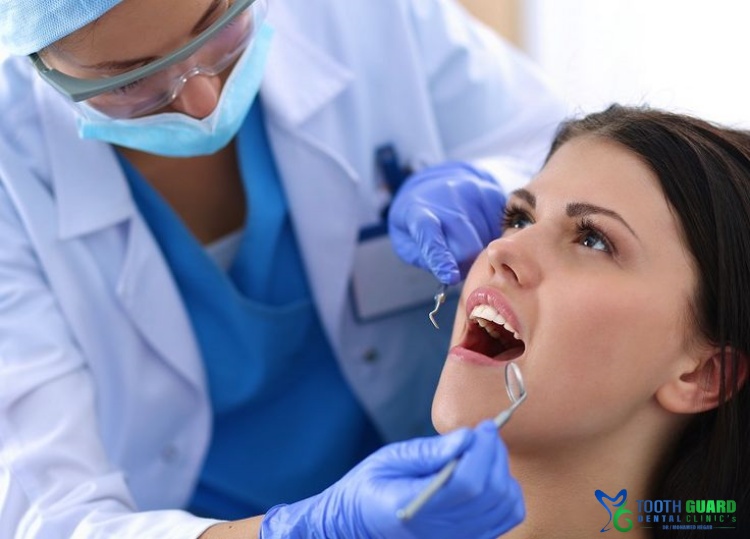


Our team is ready to help with dates, answer your questions and guide you towards achieving your perfect smile